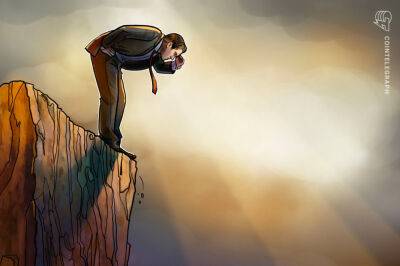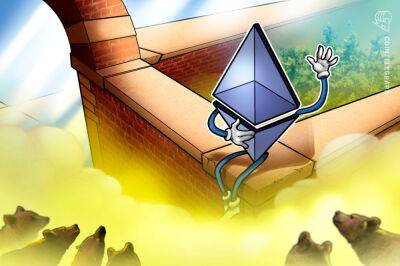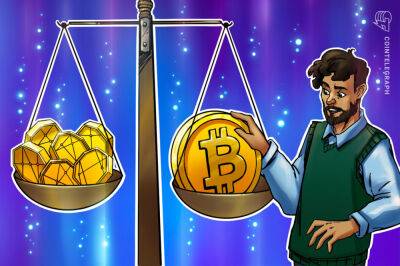Have the tech giants finally had their bubble burst? I’d hate to speculate
A speculative bubble, wrote Nobel laureate Robert Shiller in IrrationalExuberance, his landmark book on human foolishness, is “a situation in which news of price increases spurs investor enthusiasm, which spreads by psychological contagion from person to person, in the process amplifying stories that might justify the price increases and bringing in a larger and larger class of investors, who, despite doubts about the real value of an investment, are drawn to it partly through envy of others’ successes and partly through a gambler’s excitement”.
Observers of the tech industry are wearily familiar with this kind of irrationality. Throughout 2020 and 2021, as Covid-19 wreaked economic havoc on countries throughout the western world, the tech industry remained strangely untouched by what was happening on the ground. While the rest of us cowered in lockdown, the pandemic made tech bosses and owners insanely richer. Their companies grew faster and became even more profitable while other industries languished. Apple had so much extra cash that it spent $90bn (£74bn) – nearly the gross domestic product of Kenya – buying its own shares. Amazon laid out $50bn in 2021 on warehouses, hiring tens of thousands of employees, ordering fleets of electric vehicles and building cloud computing centres. And so on.
So while the pandemic had put many conventional companies on life support, it looked as though it had consolidated the dominance of Alphabet (neé Google), Amazon, Facebook, Microsoft and Apple, making them the new masters of our networked universe.
And then something happened. On 19 November 2021 the Nasdaq stock market index (which is heavily influenced by tech companies) stood at an all-time high of 16,057, then suddenly went into
Read more on theguardian.com























